I empower: you will get more succes in your life by empowering your spirit!
This is this is one of the practical and easy-to-use techniques that you can practice in the NLP workshops and NLP basic course with amazing results.
What is the result if you can completely crawl into your own feelings?
Then completely in the thoughts and feelings of the other?
And finally, when you can look at both from a helicopter and see what the relationship is between the two?
What types of relationships do you have?
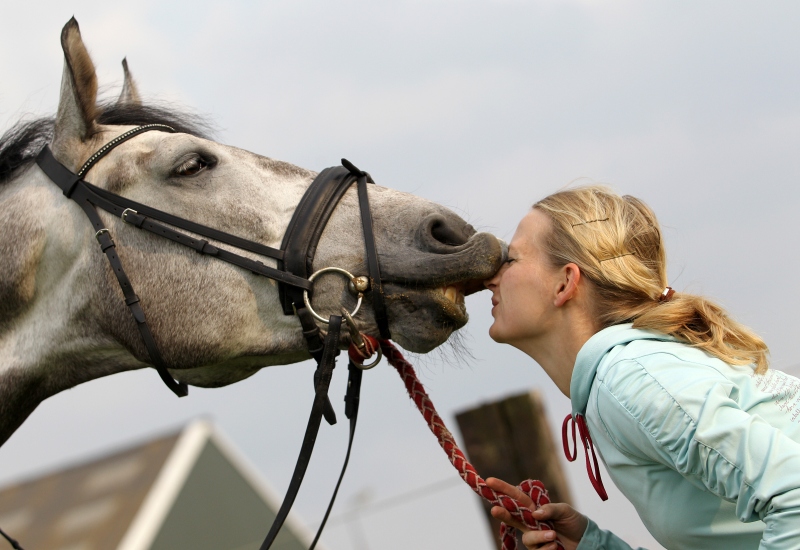
loving animals

loving working
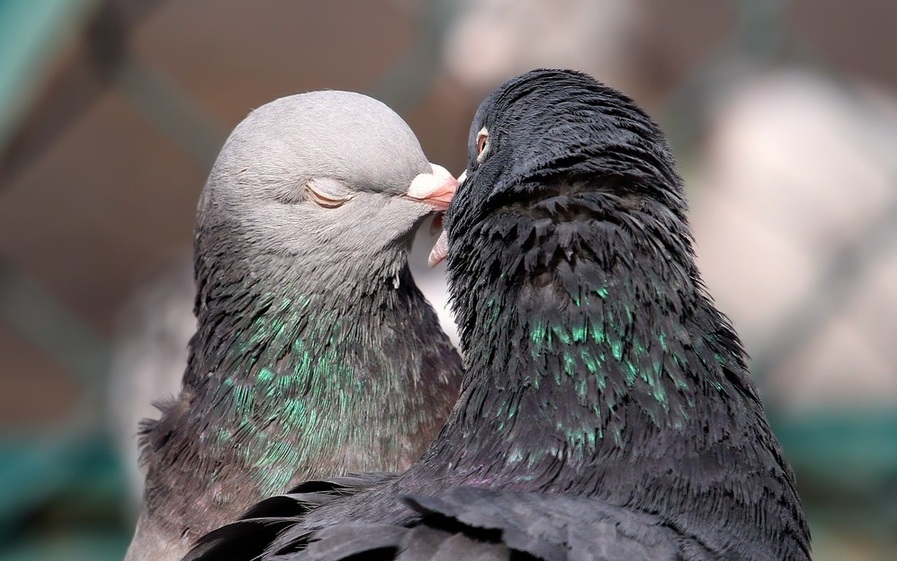
making peace
enjoying family relations

empathy, feeling what the other feels

making a good time together
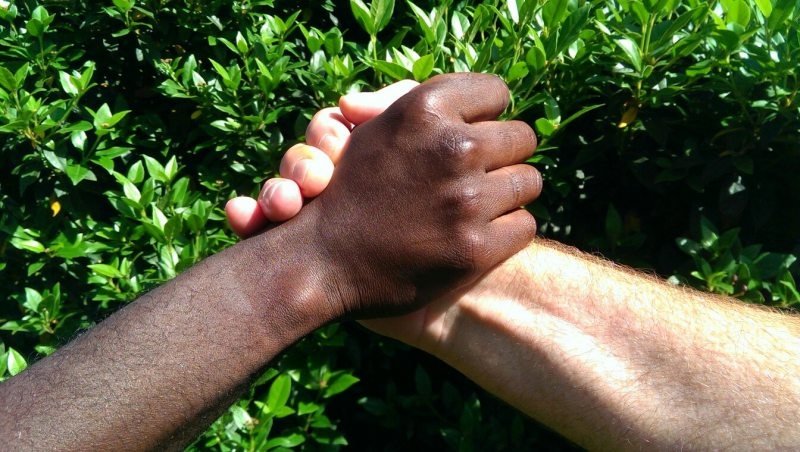
improving relations with others
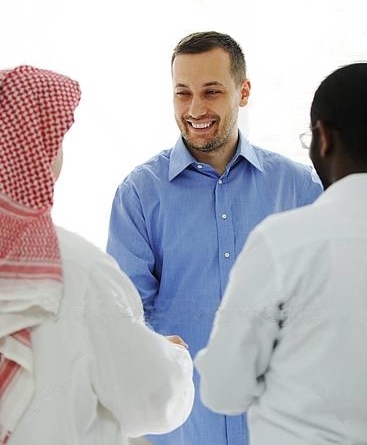
buzziness relations with others
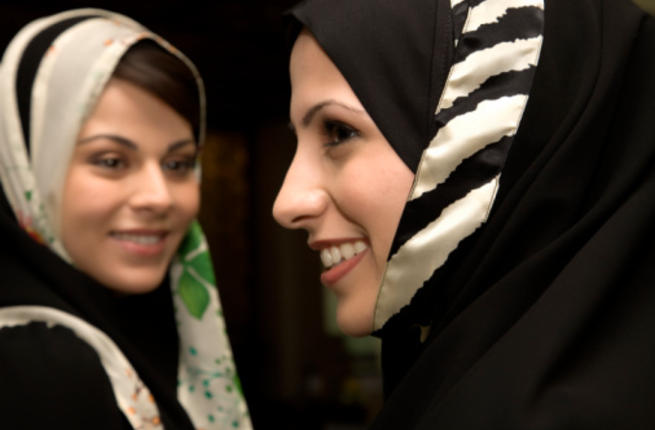
happy women
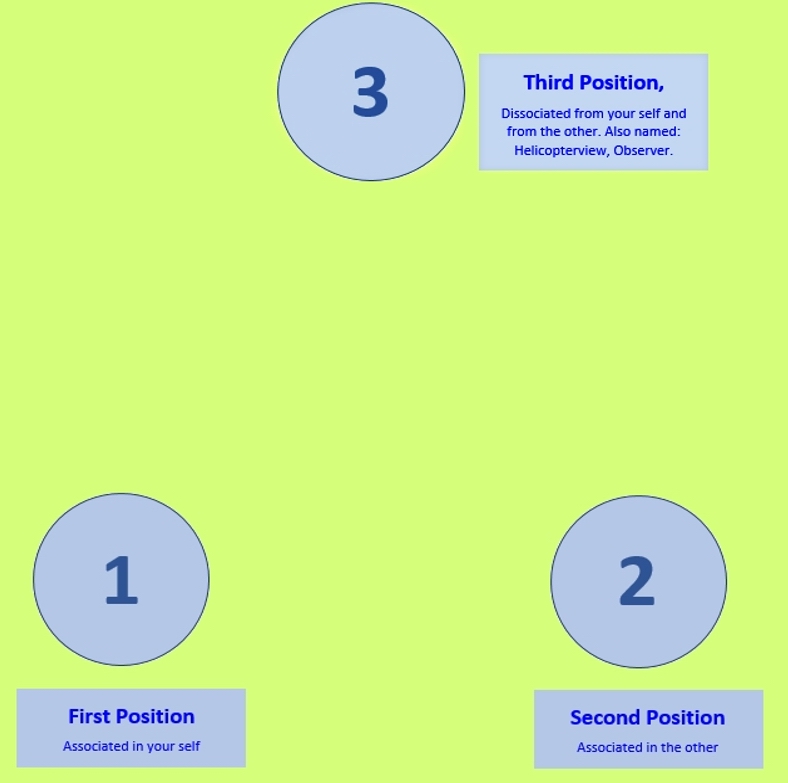
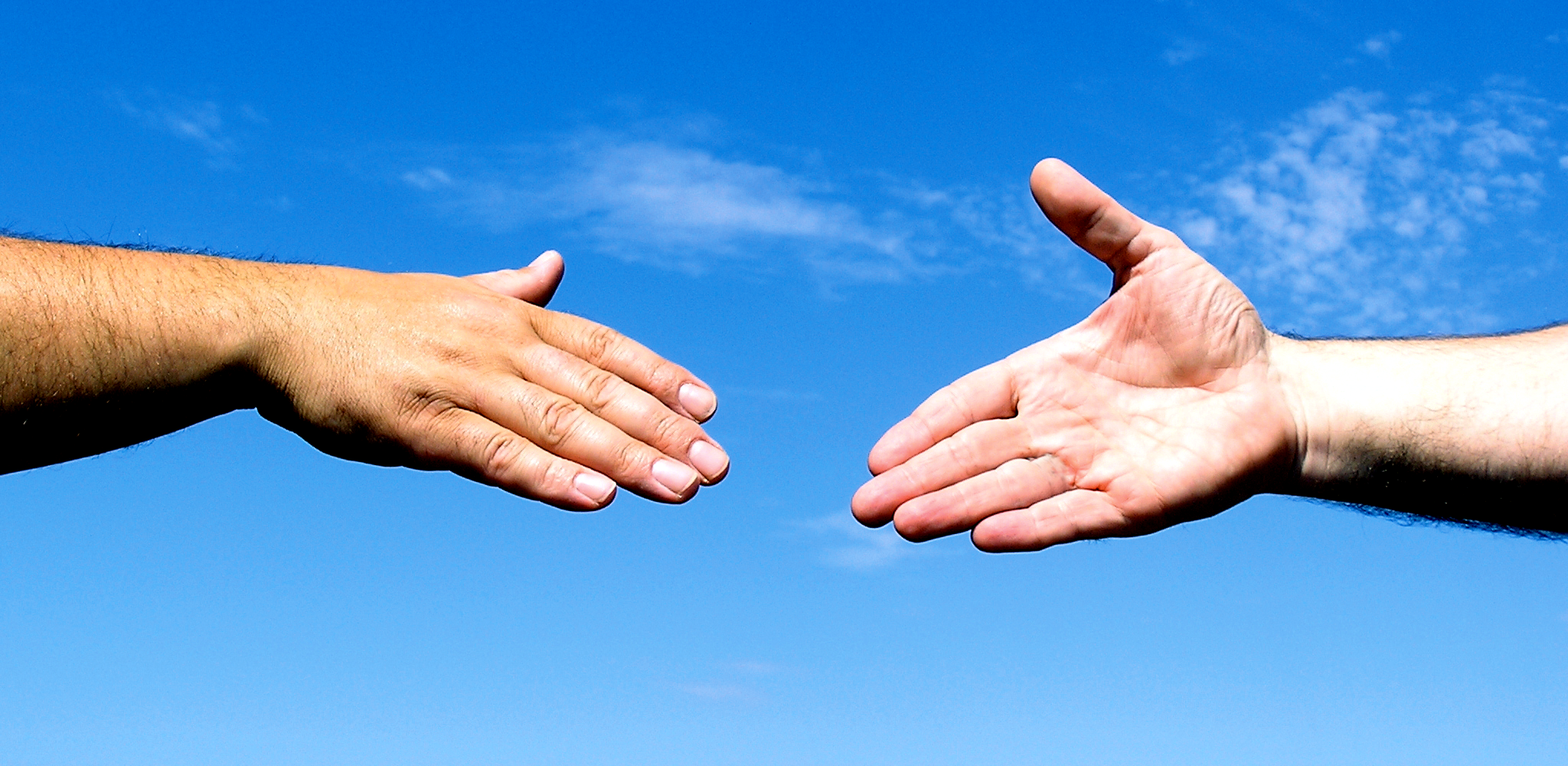
Improve your relations!
What kind of relationships do you have?
It may be that you have love relationships, family relationships, work relations, neighbor relationships, relationships with fellow road users, relationships with people you experience on radio and TV, many different types.
Which thoughts are coming up when you think about your relationship with a partner or your best friend?
1. Write this down in at least 5 lines.
Consider also the relationships with your children, your parents, your brothers or sisters, with uncles, aunts, cousins, friends, work relationships, relationships with your neighbors, with people who have the same sport, hobby or interest.
2. How important are these relationships for you? Write down how you would feel without all these relationships. Write also how it would be to have even better relations with them than you actually have>
The fascinating thing about NLP is that it gives you clarity in how you can deal with relationships and how you can improve them.
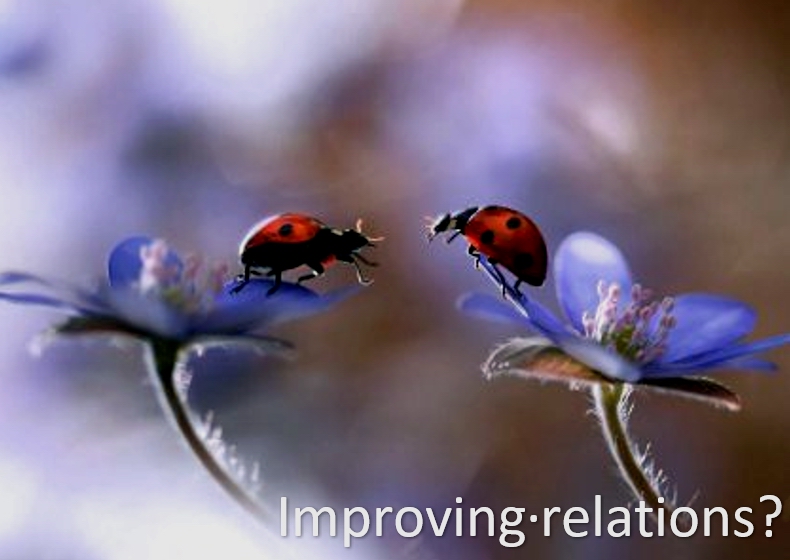
How can you improve even more your relationships? How do you create still more quality in your life?
Of course it is nice to make others happy with your relationship with him or her, that makes you happy too.
If you are not completely satisfied with a relationship with yourself or with someone else what can you do?
3. Think of a relationship that you would like to improve. Describe the negative and positive aspects of this.
We will now do the exercise with the three observation positions! Find a buddy who can support you and read the instruction below. Take your time.
4. Place three chairs, as shown in the picture.
5. Stick a note with '1', '2' and '3' on each chair with adhesive tape.
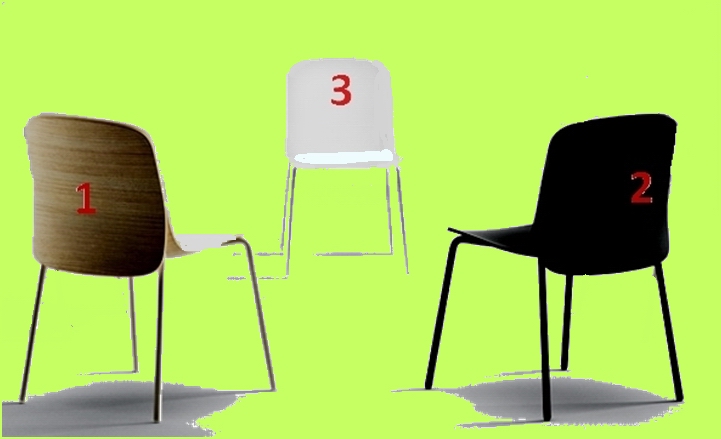
6. You take a seat on chair 1, we call that the 1st position.
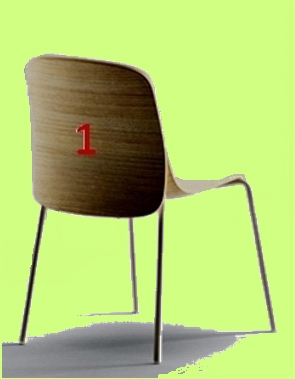
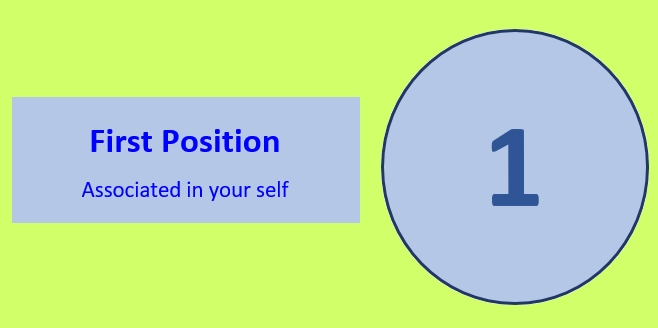
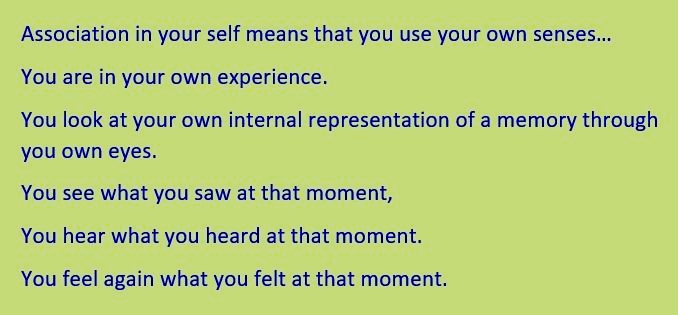
You choose an event in which the contact with someone else was less good.
Name the time and place of this event, be specific. Focus especially on your own feelings.
You start by saying: "I felt ...... ..
Your buddy questions you.
Feel your own feelings completely, imagine where you were, what you heard, what you thought, what you felt.
As soon as your buddy hears you talking about the other person with a judgment, you stop, you concentrate on your feelings (anger, fear, shame, affection etc. are real feelings).
Your buddy now asks you to give some sincere compliments to yourself.
Take at least a few minutes, but no longer than a few minutes.
7. You are now in 2nd position on seat 2.
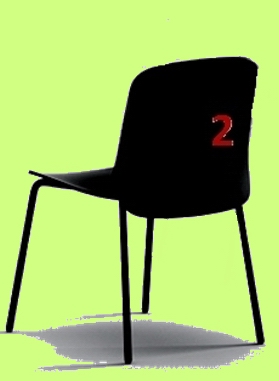
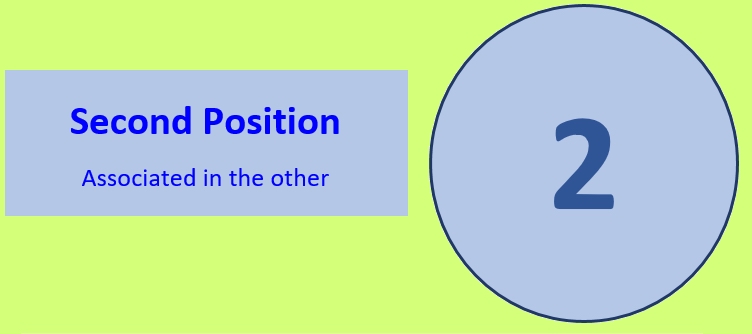
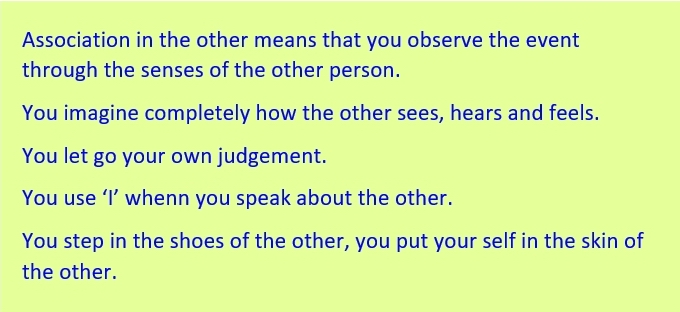
You talk as if you are that other person.
You feel completely the feelings of the other person and assume that these
positive intentions have / had.
Intentions can be positive even if behavior is judged negatively.
You tell how he/she experienced the event and what he/she expected
.Your buddy now asks you to give some sincere compliments to 'yourself'
as being the other.
Be sure to take a few minutes, but no longer than a few minutes.
8. You are now on top of the chair 3 in the 3rd position.

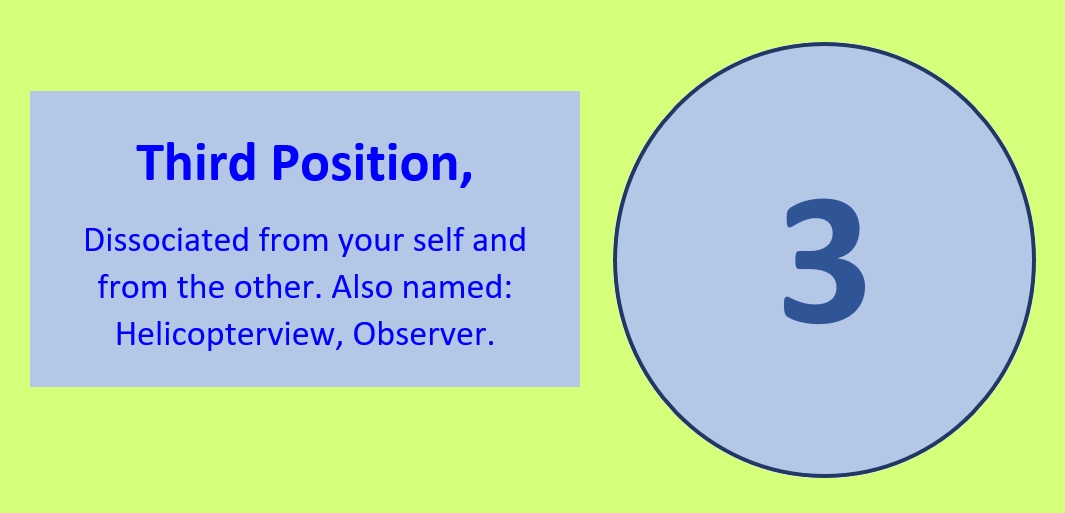


Je kijkt van bovenaf naar stoel 1 en 2 naar
de situatie van de gebeurtenis als een onafhankelijke waarnemer.
Je dissocieert helemaal.
Je hebt geen gevoelens of oordeel over wat jijzelf in positie 1 of de
ander in positie 2 hebt gedaan.
Jij beschrijft wat jij ziet zonder voor de gevoelens van één
van hen te kiezen.
Je maakt een analyse en geeft een objectief advies aan beiden over hoe
ieder van hen de relatie kan verbeteren.
. .
9. Je gaat nu weer op de stoel van de 1e positie
zitten en gaat na wat er veranderd is. Waar heb je het meeste geleerd?
Hoeveel meer begrip heb je voor de ander gekregen?
Hoeveel mogelijkheden, opties zie je voor het oplossen van problemen?
Hoeveel complimenten op gedrags en vaardigheidsniveau heb je bedacht en kun je aan de ander geven?
Zie ook instructies voor het maken van complimenten op deze site.
Besef dat het hebben van goede relaties voor de
kwaliteit van jouw leven uiterst belangrijk is.
943/5000
e looks from above to chair 1 and 2 to the situation of the event as an
independent observer.
You dissociate completely.
You have no feelings or judgment about what you have done in position
1 or the other in position 2.
You describe what you see without choosing the feelings of one of them.
You make an analysis and give objective advice to both about how each
of them can improve the relationship.
. .
9. You now sit on the seat of the 1st position and check what has changed.
Where did you learn the most?
How much more understanding did you get for the other person?
How many options, options do you see for solving problems?
How many compliments on behavior and skill level did you come up with and can you give to the other person?
See also instructions for making compliments on this site.




